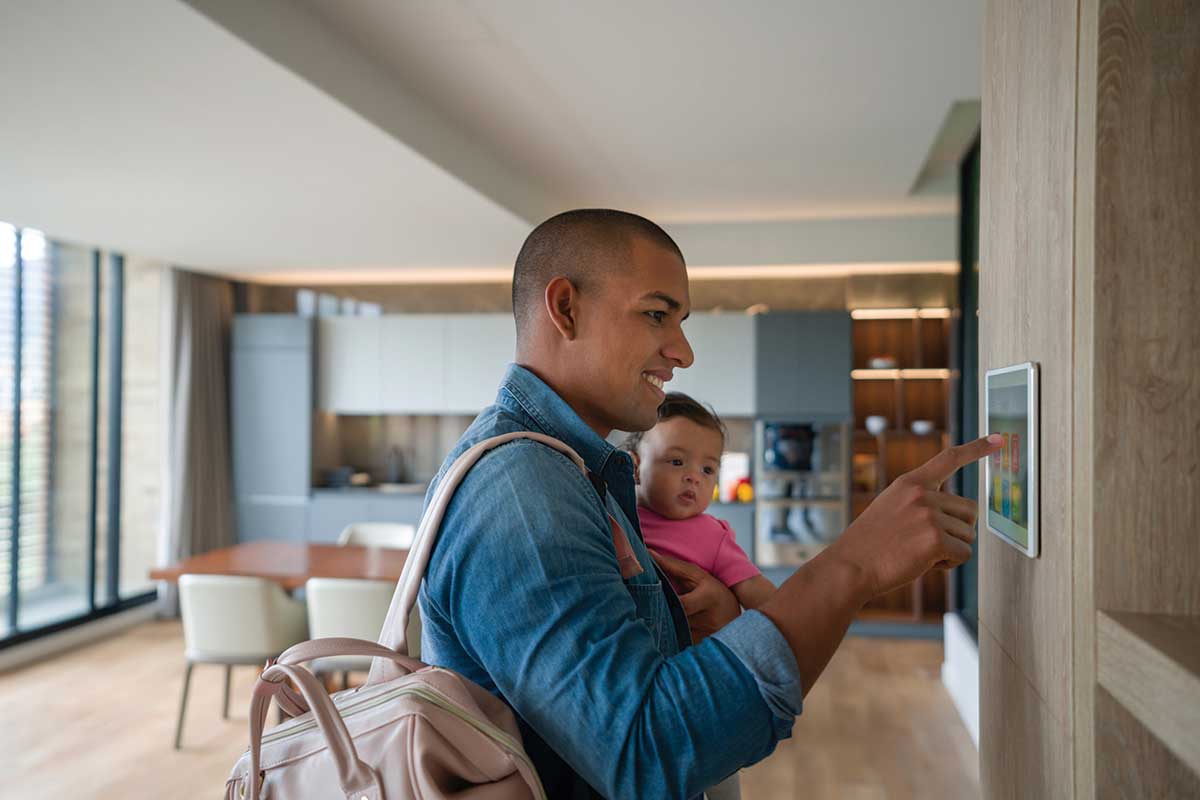With so much guidance out there about how to save electricity, it’s sometimes hard to determine what’s useful and what isn’t. But the answer isn’t always a clear-cut yes or no.
Keeping the thermostat set to a constant temperature while you’re away saves more energy than setting it higher and lower when you leave and come back, right?
Not true. Keeping your thermostat at a constant temperature while away is a waste of energy. Together, heating and cooling make up almost 50% of annual household energy costs. When you leave for the day, set your thermostat a few degrees higher if using air conditioning. It requires much less energy to resume a comfortable temperature when you get home than it does to keep it at the target temperature all day long.
Is the dishwasher just as efficient as washing dishes by hand?
Yes—in fact, it’s usually more efficient. Properly used dishwashers actually use less water while doing a better job, and as a bonus, they can save you more than 200 hours a year. For maximum energy savings, make sure your water heater is set to about 120 degrees and use the most efficient dishwasher settings.
Does turning lights off and on use more energy than just leaving them on?
No, and turning off lights definitely reduces energy use. Turn off LED and incandescent bulbs every time you leave the room. The situation is a little different with CFLs. Turning them off does save energy but can shorten the life of the bulb. Turn CFLs off any time they won’t be used for 15 minutes or more.
Does it save energy to close the vents in rooms that aren’t being used?
No. Closing air registers forces your furnace or air conditioner to work harder. Keep all your vents and doors open. If your system supplies too much heat or cold to some rooms and too little to other rooms, you should talk to a heating and air conditioning professional about modifying your ductwork.
Will keeping a fan on cool an unoccupied room?
Nope. Fans move air around; they don’t cool the air. Having a fan on makes people inside a room feel cooler as air moves across their skin, but the air is not actually changing temperature. Leaving a fan on when you leave your home is simply wasting energy while the room temperature is not cooling off at all.
Does setting the thermostat temperature way lower cool a home faster?
No. No matter what temperature you set your thermostat, your air conditioning system will work equally hard and fast to meet that goal. The only difference achieved by setting the temperature lower is that the system will work for a longer period of time, using more energy.
Do appliances use energy when they’re turned off?
Absolutely. Thanks to standby power settings, most appliances constantly use energy to be ready for immediate usage. These “energy vampires” cannot be turned completely off without unplugging the device altogether. The same is true for most phone, battery and other chargers. Leaving them plugged in wastes energy.


